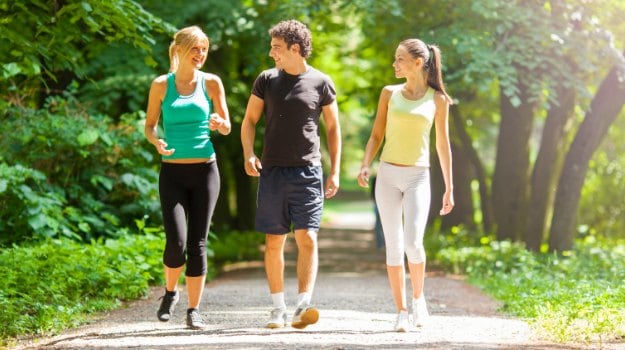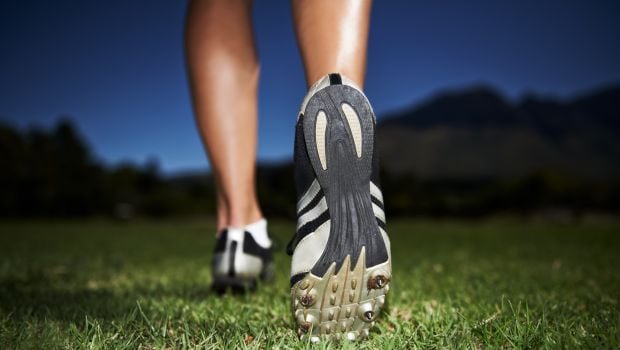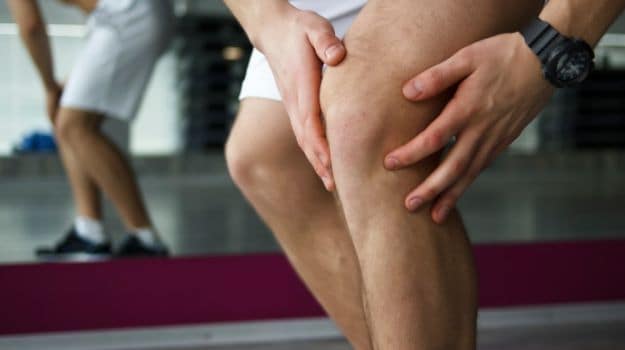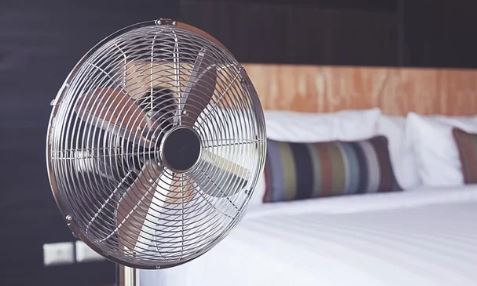“Everywhere is within walking distance if you have the time”, nothing could have summed up the charm of walking as this quote by American Writer, comedian and actor Steven Wright. Walking has been linked to enhanced creativity and brain function, better metabolism and blood circulation.
 Highlights
Highlights
- Walking has been linked to enhanced creativity and brain function
- If walking seems to be a bit too much, a 15-minute stroll can also help
- Stroll not only helps with digestion but also prevents hyperglycaemia
“Everywhere is within walking distance if you have the time”, nothing could have summed up the charm of walking as this quote by American Writer, comedian and actor Steven Wright. Walking has been linked to enhanced creativity and brain function, better metabolism and blood circulation. Walking has also been tied to preventing several health conditions such as diabetes and high blood cholesterol. In an urban setting, where everything from food to buying new furniture for your house, is only a phone call away – one often forgets the importance of moving the body and keeping it active. While umpteen professional and personal commitments have eaten into your time to exercise already, don’t let anything come in the way of you and your daily stroll. Experts often claim that morning and evening walks are great if you are looking to lose weight and maintain overall fitness. If that seems to be a bit too much, a 15-minute stroll after your dinner can help too.  If walking seems to be a bit too much, a 15-minute stroll after your dinner can help too
If walking seems to be a bit too much, a 15-minute stroll after your dinner can help too
Consultant Nutritionist Dr. Rupali Dutta says, “Walking is not the best term suited for a 15 minute spell, stroll is more appropriate. A gentle or slow walk after meals can go a long way in maintaining good health. People stroll around for better digestion. Sitting down and lazing after a meal is not the most healthiest thing to do. This light stroll not only helps with digestion but also prevents post-meal hyperglycaemia, which is associated with diabetes. It helps regulate the blood sugar levels, hence it is highly recommended for diabetics. Taking a 15-minute stroll has also been linked to improving overall heart-health.
“Some people find it find it difficult to walk right after having a meal as it may trigger cramps. This could be because of the food that you have just eaten. Excessively greasy, starchy or heavy food often leads to such cramps. It is always advisable to keep your dinner light.”

Excessively greasy, starchy or heavy food often leads to cramps
Taking a 15 minute stroll after the meals facilitates faster burning of calories, revs up the metabolism and aids digestion – all of which promote weight loss says, Meher Rajput, Nutritionist at FITPASS.”In addition to healthy digestion, this light stroll also helps easy absorption of other nutrients and facilitates secretion of digestive enzymes. If your digestive system is impaired you will automatically put on weight. Walking is advisable after both dinner and lunch. In winters, especially, one has a tendency to give in to the many cravings and temptations. A 15-minute walk after meals is a great idea to burn those excess calories and maintain overall health and fitness,” she adds.
Macrobiotic Nutritionist and Health practitioner Shilpa Arora says, “ones who suffer from constipation must walk after meals for better absorption and assimilation of nutrients.”
its role in weight loss and digestion a 15-minute stroll after dinner, can also help induce better sleep. Inadequate sleep or poor sleeping patterns are also known to accelerate unwanted weight gain. It sparks a vicious cycle where you are left feeling tired and famished almost all the time. It slows down your metabolism and adds those extra set of kilos.

15-minute stroll after dinner can help induce better sleep
A quick stroll can also facilitate better blood circulation. Walking ensures proper supply of oxygen and nutrients to the heart which in turn causes better blood circulation. Walking after meals can help regulate blood sugar levels too! Isn’t that great news? What are you waiting for? Put on your walking shoes and walk, walk, walk!


